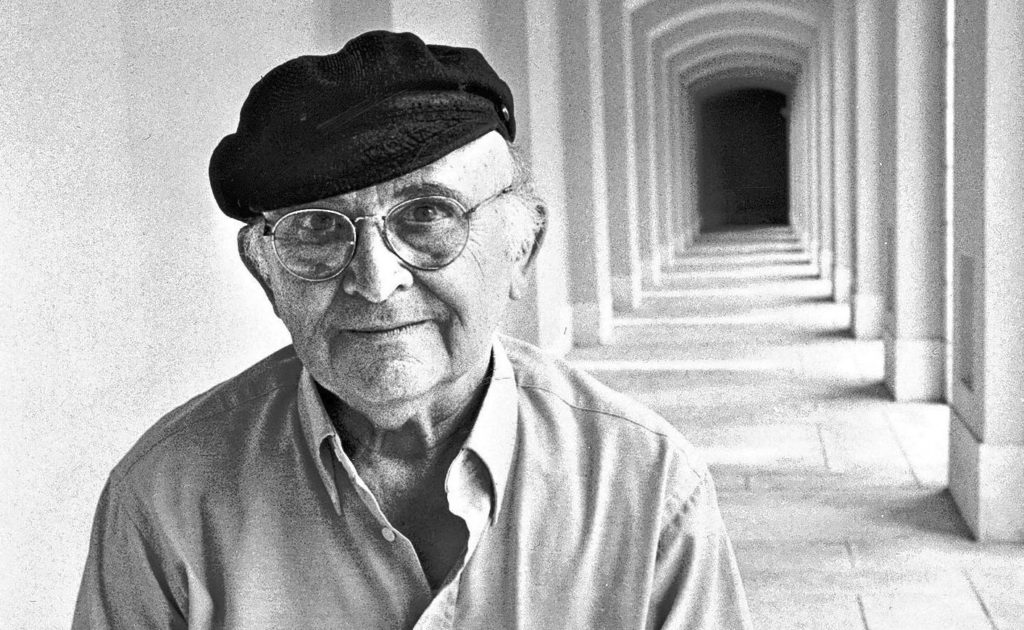【Watch Educating Elainia (2006)】
Aharon Appelfeld: You Cannot Be a Writer of Death
In Memoriam

Aharon Appelfeld.
You know, God is everywhere. He is in the human heart. He is in the plants. He is in the animals. Everywhere. You have to be very careful when you speak to human beings because the man who is standing in front of you has something divine in himself. Trees, they have something divine in them. Animals of course. And even objects, they have something of the divine.
—Aharon Appelfeld, The Art of Fiction No. 224
Aharon Appelfeld, one of Israel’s foremost contemporary writers, died today at the age of eighty-five.
Appelfeld was the author of more than forty books of fiction, poetry, and memoir, many of which derived their inspiration and force from his childhood in war-torn Europe. He was born in Romania, where he was apprehended by Nazi-allied forces at the age of nine. His mother and grandmother were shot, and he and his father were eventually sent to the Transnistria concentration camps. Appelfeld described his internment there as a kind of transformation: “I became a small animal. It was the wish for life, the wish to survive.” In 1942, he managed to escape; he spent two years in hiding. At one point, he lived in the forest among a band of thieves, and, later, in the home of a Ukrainian prostitute. He joined the Soviet army, spent time in a displaced persons camp in Italy, and finally immigrated to Palestine in 1946, at age fifteen. Nearly a decade later, after spotting his father’s name on a list of survivors, they were reunited in Israel.
Appelfeld renounced German and studied Hebrew, which became his primary writing language. His writing gained recognition, both in Israel and abroad, and was awarded France’s Prix Médicis for his autobiography Story of a Life; the book was also shortlisted for the Man Booker Prize.
Although the historical and personal traumas of World War II are central to his work, Appelfeld did not identify as a Holocaust writer. “You cannot be a writer of death,” he said. “Writing means you’re alive.” Philip Roth described him as “a displaced writer of displaced fiction, who has made of displacement and disorientation a subject uniquely his own.” In his Art of Fiction interview, Appelfeld discussed his childhood, his love of the sensual act of writing on paper, his kinship with Kafka, and his relationship to Judaism. “Really,” he said, “my devotion to writing is my religion.”
Read our full Art of Fiction interview with Appelfield here.






Related Articles